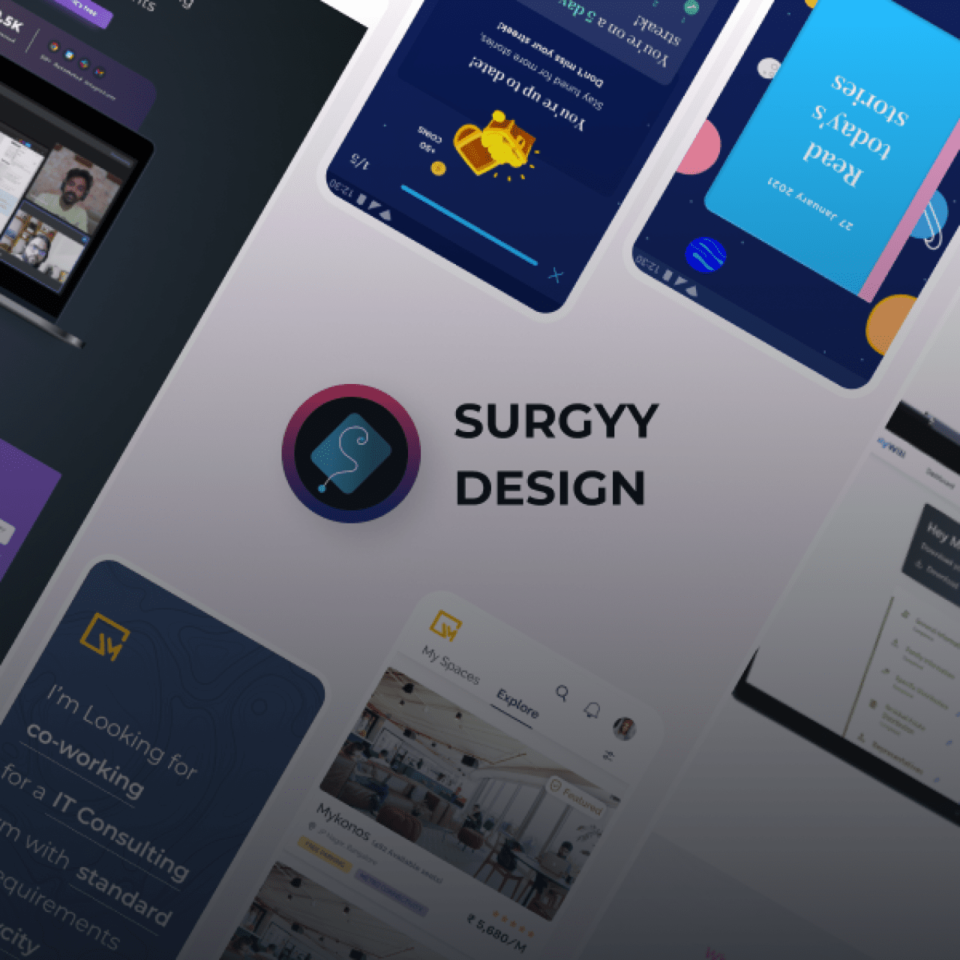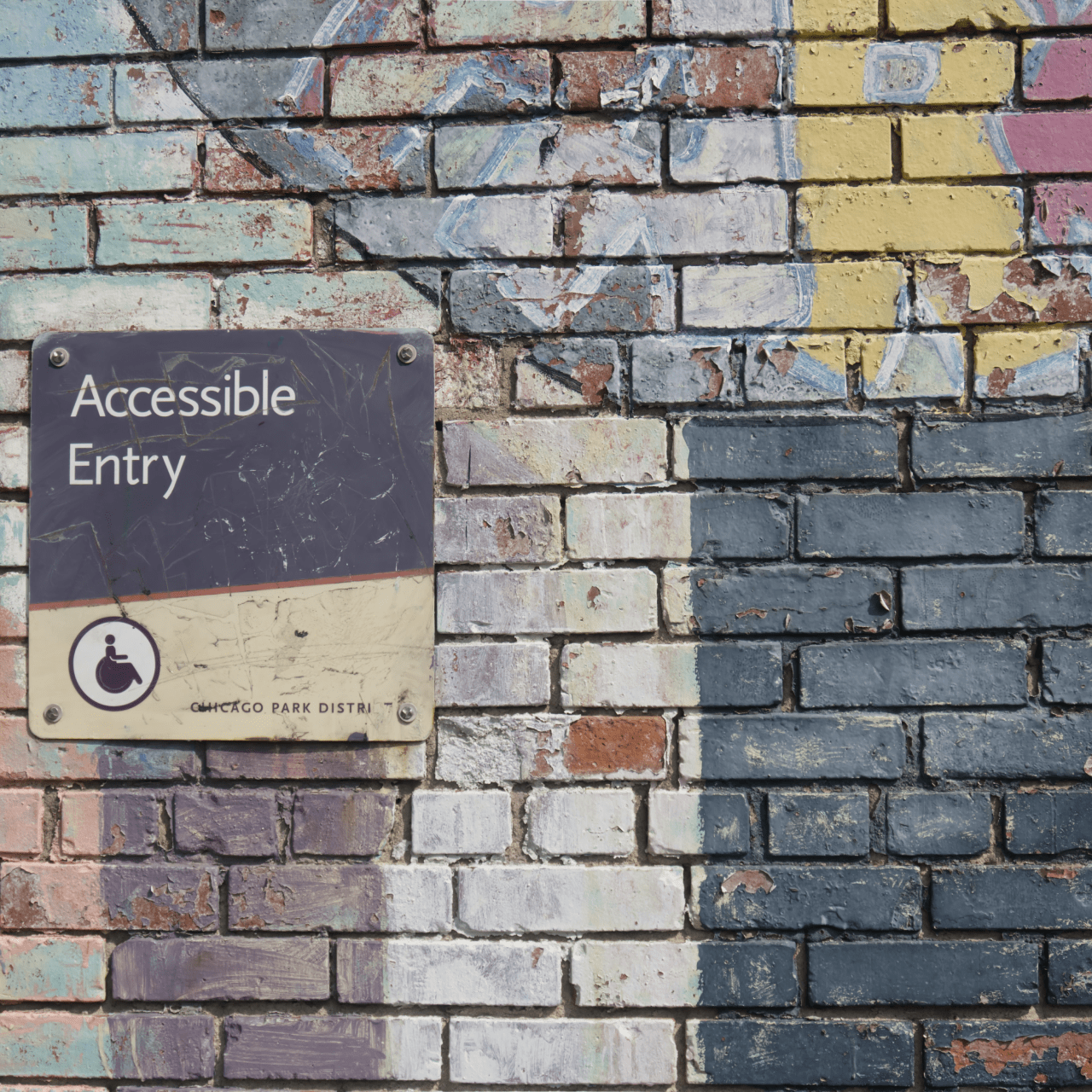I’m Erica Fossati and I’m an anthropologist working in Italy.
I graduated in Cultural Anthropology in 2016. My first object of research
was the relationship between animals and human but I started to notice
that anthropology could have a great impact if related to user experience
and daily work life.
My experience working as a non-Anthropologist
I started my job career in a IT consultant agency and even if I felt like my
anthropological skills hadn’t been so evaluated I kept going on with the
purpose of learning the most from this experience.
In a certain way I felt like what I was doing there would be a part of my
baggage for the next opportunities. And I was right.
After this experience, Covid started to spread all the world and
specifically in Italy. I was really scared about the working and social
situation that this pandemic brought in my country. So I decided to
enhance my skills in user experience because I found out that a
university in my region was about to start a new master degree in UX
Psychology.

Anthropology and Design:
How to make them collaborate
I decided to improve my skills with concepts like design and UX because I think that understanding human needs is a must in our modernity, and anthropology can offer its specific knowledge in this field.
This science can collaborate with other disciplines, using methods and approaches from other fields. All this while managing to have a holistic view of the social context in which a company faces and taking into account all the possible cultural and generational differences that distinguish it.
From various shared experiences, especially in U.S. contexts, it emerges how cultural anthropology can respond to some of the problems of the corporate and consulting world so I was really curious to find out what does it mean to be an anthropologist in the soul but undercover.
Now I work for an agency specialized in design and I’m a UX writer.
In this job I can practice my writing skills, and also I do a lot of research to understand the market or the content that needs to be written in the most useful and comprehensible way for all the people.

We talk so much about empathy in the field of design (but not in business), that perhaps even this word starts to lose its effectiveness.
According to anthropology, it’s possible to understand the world from others, who are like a mirror that lets us see who we really are. The difficulty, however, lies in developing this special view, which in short could be defined as a way of looking at the other without judgment or superiority.
Doing this can be helpful in understanding the differences that we have in common, but also in no longer focusing only on what is “strange” to us. Instead, let’s convince ourselves that the strange ones, in most cases, are us. And that there is nothing wrong with being so.
Another next level that it’s pretty interesting for me to investigate is to use anthropology helping a company to reorganize its business, not only by understanding the needs of its clients, but also those of its employees.
This is because corporate culture is itself composed of subcultures (represented by work groups and/or departments) with their own operating rules and identity that, if taken into account and analyzed, can generate enrichment within a company.
Why Anthropology is important for a business
From my experience moving between UX writing and anthropology I found out that anthropology can help on different levels:
- Your view of the world: having an anthropological eye makes you look at your context as if you were not completely immersed in it, giving you the opportunity to step back from the known and understand what is outside.
- Your propensity for collaboration: everything comes from the union of many parts, and successful work comes from collaboration between disciplines that offer their methods and tools to each other.
- Your understanding of the human experience: having expertise in both data and the human dimension helps you unearth possible critical issues and possibilities.
Without understanding people, it’s impossible to create useful products. This phrase, which may now seem clear and obvious to all people who are part of a business, is not to be underestimated, and requires due attention so as not to make it a slogan.

In order to face some of the most urgent challenges of society, it is important not only to enter into a relationship with others, but also to develop a lateral vision of the contexts and needs of the people who populate them, putting together pieces of an almost invisible puzzle.
Looking critically at the way we do business and the way we see the world, with the support of anthropology, can be a good exercise to see all our quirks and treasure them.
I am sure that anthropologists have to believe in their skills and make them visible for others! Why don’t try to really use anthropology together to make the world a little more better?
Erica Fossati is a guest author on Difference by Design. If you’ve interesting ideas to share, find out more about submitting a Guest blog here









I didn’t know that anthropology plays a huge role in designing products, Erica presented it in a unique way by taking us through her journey on how she learned anthropology, it’s a crucial subject to learn as a UX designer, most of us would be unfamiliar with this one, I like how she also pointed that anthropologists should make themselves more visible to the world for everybody to learn.